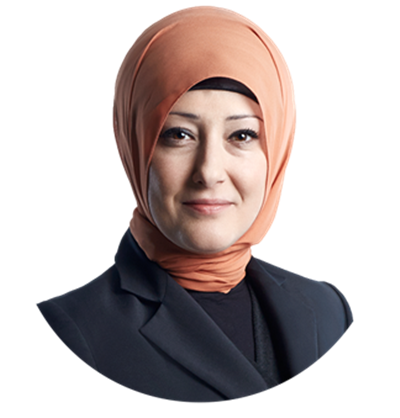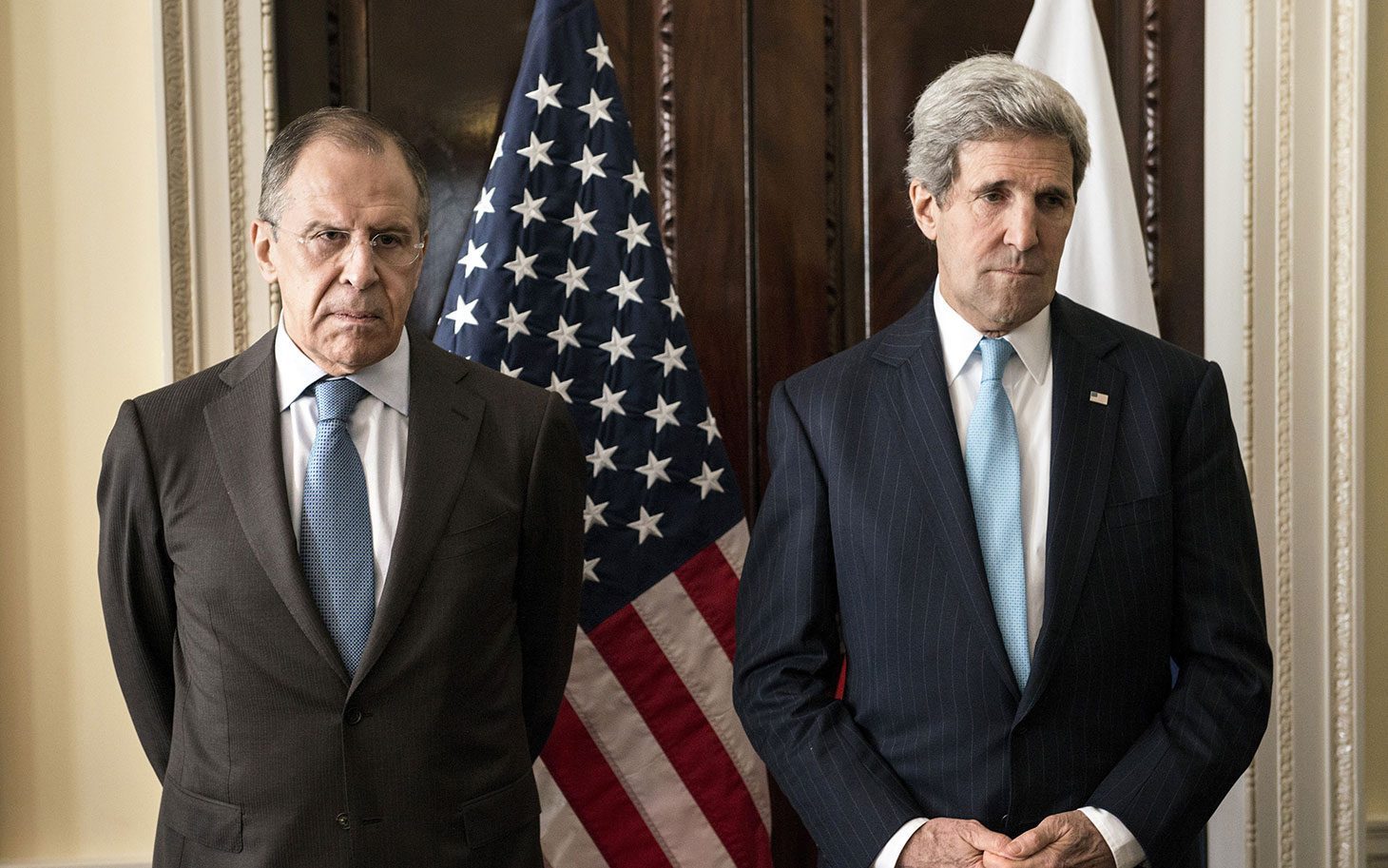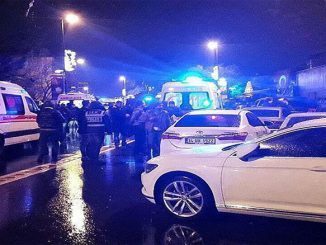
An influx of refugees continued to flow into Turkey. Turkey was taking care of the 3 million refugees, most of them Sunnis, who fled Assad’s oppression because they were Sunnis and yet it was still being accused of sectarianism. At the same time, Turkey was trying to convince the U.S. for a no-fly safe zone for the increasing number of refugees who were rejected by Europe. Yet each time, they were knocked back. What was the U.S. doing in the meantime? The U.S. was busy breeding the Syrian Democratic Union Party (PYD) and its armed wing, the People’s Protection Units (YPG), and yet continued to reject that these two groups have nothing to do with the Kurdistan Workers’ Party (PKK). After FETÖ failed, the PKK came back on to the stage just at a time the PKK/Peoples’ Democratic Party (HDP) ended Turkey’s reconciliation process and started to challenge Turkey – where such self-confidence came from remains unknown. The YPG terrorists portraying themselves as “guerillas” were posing to the Western media with Kalashnikovs, and the Western media was trying to legalize them through praises. They were treated as the only protector of the oppressed in Syria. While the FSA fought against the Assad regime on one hand and Daesh on the other, the YPG-PYD were clearing the region of Kurds who did not support them.
They were putting up a fight for the territory; this was the reason the HDP ramped and raged about the Kobani issue in Turkey. The rumors were real; the YPG-PYD were striving to establish a new state below the Turkish border (600 kilometers long) with the permission of the U.S. Turkey, on the other hand, was expected to overlook this and forget about its request for a safe zone.
Turkey was being forced to overlook this. Turkey was distracted and stirred with different issues while steps were being taken toward establishing a Kurdish state. The July 15 coup attempt was the last ring of these operations to create chaos, the last version.
What happened next? Just over a month after the coup attempt Turkey entered Jarabulus. It was manifested that the FSA, which we had not heard about for a long time, was fighting Daesh, too. The PYD-YPG and PKK-HDP twins were not happy at all with this situation. Although they were portrayed by the West to be fighting Daesh, it was evident that the YPG did not care the least about Daesh and instead were planning to found a state in this region. FETÖ ensured that the U.S. was sure to have Turkey out of the region with the allegations that “Turkey is supporting Daesh” and “Turkey is supporting sectarianism in the region.” The PKK was creating chaos from within Turkey, while the PYD-YPG strengthened itself in the region with support from the U.S.
With the coup attempt, even the people on the streets were convinced that there was a “superior mind.” It was finally understood that the U.S. should not be taken seriously when making decisions about the region. The FETÖ members in the military have partially been cleaned out. Turkey entered Jarabulus after informing Russia. Which means Turkey took the matter into its own hands. It was neither early nor late for the operations… It happened at the perfect time. It happened as it should…
Let the plotters and hypocrites think about the rest….
*Özlem Albayrak is a Turkish columnist at Yeni Şafak Turkish daily.



